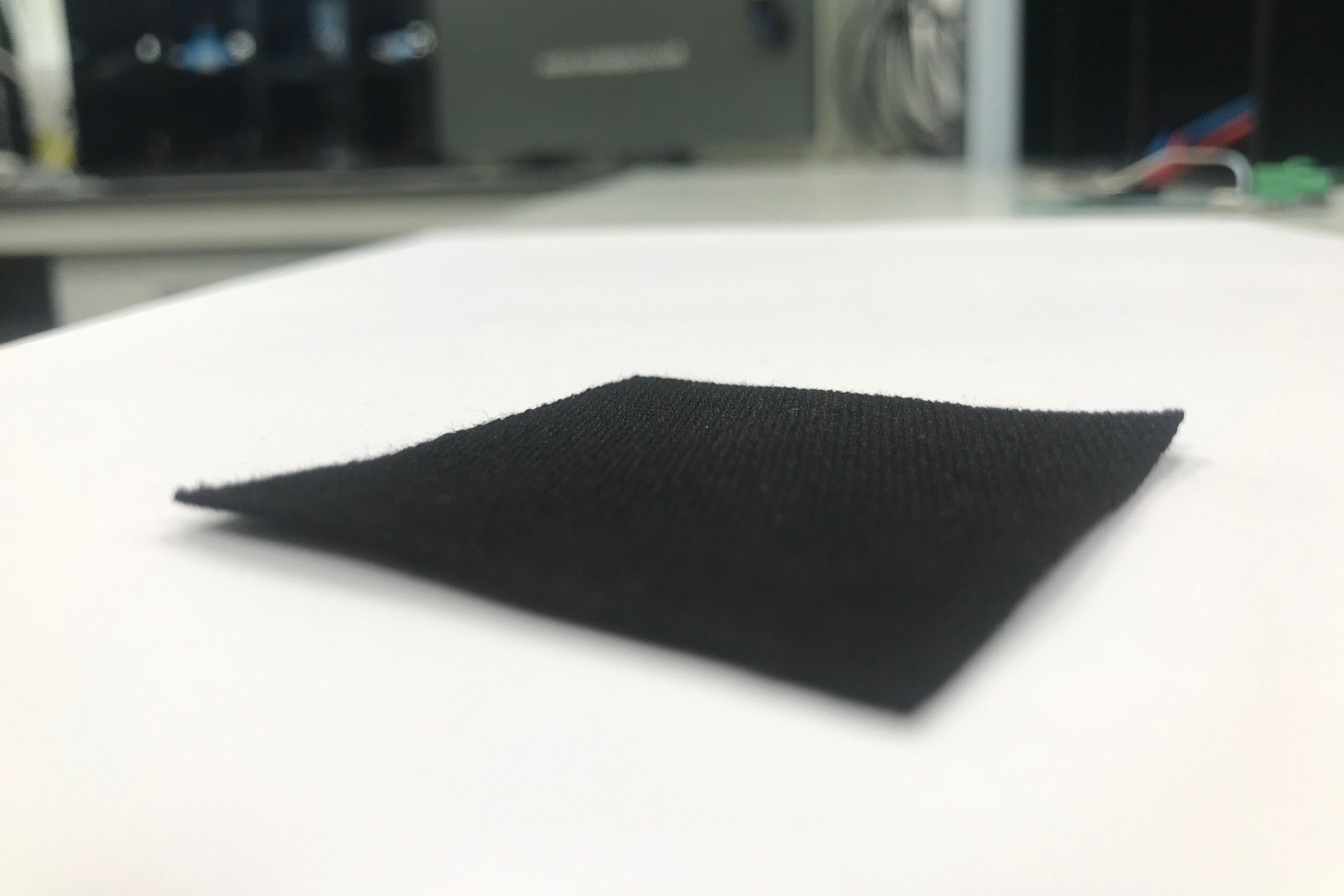The ‘last resort’ material that can soak up CO2 directly from the air
The ‘crazy idea was thought up during the Covid-19 lockdown

Your support helps us to tell the story
As your White House correspondent, I ask the tough questions and seek the answers that matter.
Your support enables me to be in the room, pressing for transparency and accountability. Without your contributions, we wouldn't have the resources to challenge those in power.
Your donation makes it possible for us to keep doing this important work, keeping you informed every step of the way to the November election

Andrew Feinberg
White House Correspondent
A low-cost, energy-efficient method is capable of making materials that can capture carbon dioxide (CO2) directly from the air, new research suggests.
University of Cambridge researchers used a method similar to charging a battery to charge activated charcoal, which is often used in household water filters to filter contaminants.
By charging the charcoal sponge in this way, the researchers found the material could successfully capture CO2 directly from the air.
The charged charcoal sponge requires much lower temperatures to remove the captured CO2 so it can be stored, making it potentially more energy efficient than current carbon capture approaches, the researchers suggest.
Dr Alexander Forse from the Yusuf Hamied Department of Chemistry, who led the study, said: “Capturing carbon emissions from the atmosphere is a last resort, but given the scale of the climate emergency, it’s something we need to investigate.
“The first and most urgent thing we’ve got to do is reduce carbon emissions worldwide, but greenhouse gas removal is also thought to be necessary to achieve net zero emissions and limit the worst effects of climate change.
“Realistically, we’ve got to do everything we can.”
He added: “This approach was a kind of crazy idea we came up with during the Covid-19 lockdowns, so it’s always exciting when these ideas actually work.
“This approach opens a door to making all kinds of materials for different applications, in a way that’s simple and energy-efficient.”

Current approaches for direct air capture – which uses sponge-like materials to remove carbon dioxide from the atmosphere – are expensive, and need high temperatures and the use of natural gas.
To collect the CO2 from the charcoal so it can be purified and stored, the material is heated.
In most materials currently used for CO2 capture from air, the materials need to be heated to temperatures as high as 900C.
But the charged charcoal sponges only require heating to 90-100C, temperatures that can be achieved using renewable electricity.
The materials are essentially heated from the inside out, making the process faster and less energy-intensive.
However, the materials do have limitations and researchers are working on how to increase the quantity of carbon dioxide that can be captured.
The researchers say their approach could be useful in fields beyond carbon capture since the pores in the charcoal and the ions inserted into them can be fine-tuned to capture a range of molecules.
The research, which is published in the journal Nature, was supported in part by the Leverhulme Trust, the Royal Society, the Engineering and Physical Sciences Research Council (EPSRC), part of UK Research and Innovation (UKRI), and the Cambridge Centre for Climate Repair.
Subscribe to Independent Premium to bookmark this article
Want to bookmark your favourite articles and stories to read or reference later? Start your Independent Premium subscription today.